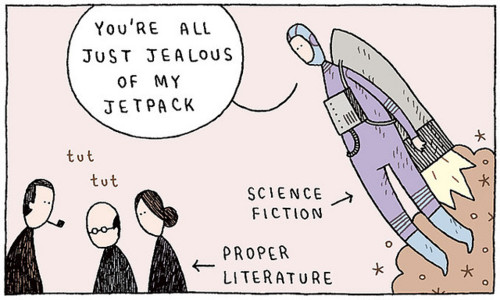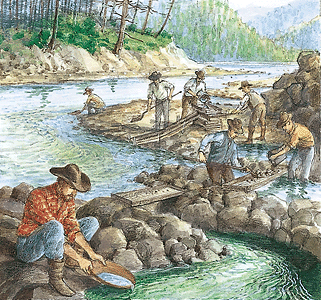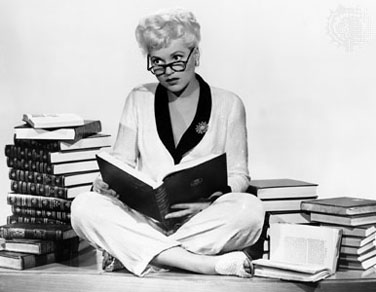We Need New Names questions the meaning of home and what our relationship to that is as we grow older. It's a coming of age story of a girl named Darling growing up in a make-shift town in Africa after her family were expelled from their home. She and her friends spend their days stealing guavas. They have a fierce sense of loyalty to each other and know who they are. Then Darling goes to live with her aunt in Michigan and must adapt into a new American identity. She has a sly sense of humour often having to stifle giggles and laughs while in her head she makes acute observations of those around her from a patronizing old white woman at a wedding to her vain aunt who walks endlessly on a treadmill to a bulimic girl who can't appreciate what she has. At the same time she loses touch with her friends back home and finds she can't connect with them anymore because she's left them and her country behind. Since she doesn't have a visa to legally remain in America she can't leave to visit Africa because she'd never be able to return to the US.
The way this novel is structured reminds me of one of my favourite books that I read last year – “We the Animals” by Justin Torres. [It's nice to read in this interview on the Caine Prize blog with Bulawayo that she's a fan of Torres] The narrator of that novel also speaks in the collective “we” for parts of the book as he and his brothers form a close pack. This closely mimics the psychology of an adolescent who finds a strong sense of identity in the collective of their close friends. But, of course, as the individual grows older they develop differently from those in their group and must find their own sense of self. Bulawayo is doing something slightly different in this novel, particularly later on in the book where in some chapters she speaks for a whole group of new immigrants who find themselves alienated from their native country in an alien land. In a merciless chapter called 'How They Lived' she bluntly lays out the perspective of immigrants who have come to America for economic opportunity and political stability. Strong emotions spill out onto the pages in a way that cannot be contained and is entirely justifiable. As she writes at one point: “What is rage when it is kept in like a heart, like blood, when you do not do anything with it, when you do not use it to hit, or even yell? Such rage is nothing, it does not count. It is just a big, terrible dog with no teeth.”
Identity is explored in other ways in
the novel such as in a devastating chapter called 'Shhhh' where
Darling is still living in Africa and her estranged father returns.
He is concealed in her home as he's suffering from AIDS and her
mother doesn't want the rest of the community to know. Staring at her
father's face she observes “I know then that what really makes a
person's face is the meat; once that melts away, you are left with
something nobody can even recognize.” His illness has caused him to
lose the strong, fired, hard-working man he once was so that he's
become a stranger to his own daughter, someone she comes to resent and hopes will
die so she can go out and play with her friends. In another chapter while concealed in tree branches Darling and her friends view a wealthy white couple's home as it's raided by armed revolutionaries. During an argument between the white man and the invaders, the white man objects that he was born in this country so it's as much his home as theirs. The philosophical questions linger in the background - What entitles a person to call a place home? Is a person's identity necessarily entwined with the land they live on?
Bulawayo has a sharp sense of observation and a merciless sense of humour. The book got me thinking about my own sense of split national identity since I grew up in America but have spent my whole adult life (since the year 2000) living in the UK. Of course, it's an entirely different situation given Darling has to contend with racial, linguistic, economic and political divisions. But I'm aware that there are parts of myself that have been lost since living for so long in an entirely different culture and there is also no way for me to ever really go home without arriving back as someone who is now in certain ways a foreigner. Even if you don't cross national boundaries the journey from adolescence to adulthood necessarily includes compromising parts of yourself to the idealized person you'd like to become. Our ability to adapt and change to new environments and societies allows us to survive, but it also makes us strangers to ourselves.



















